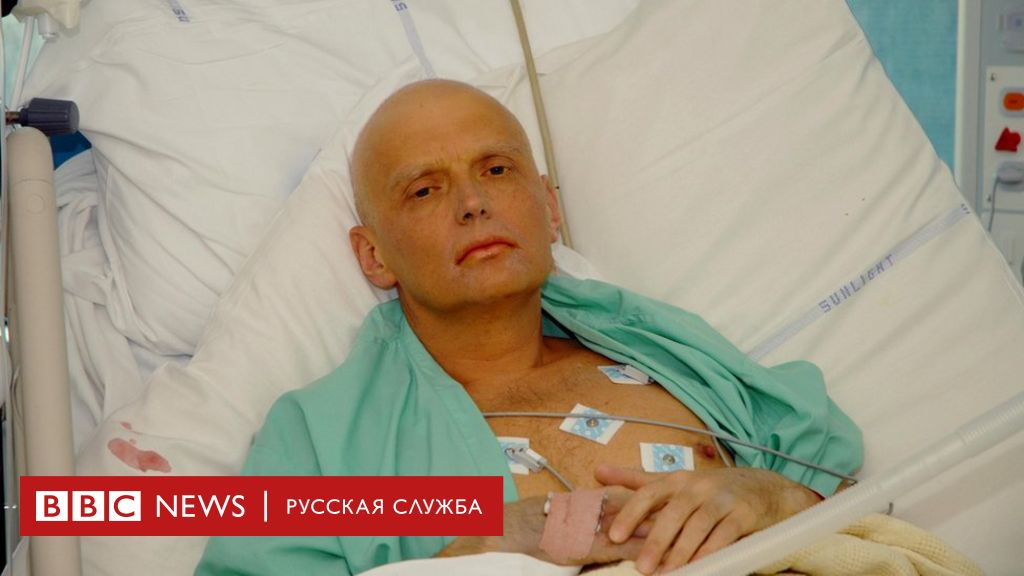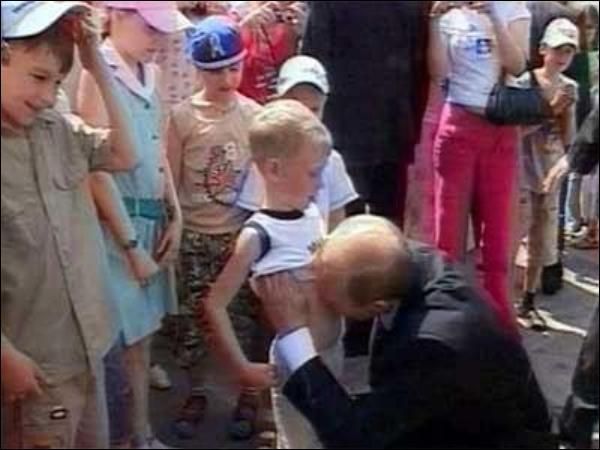Russia is not Puritan. It doesn't hold politicians to the same sexual standards as America. Putin's infidelity didn't reduce his support for a bit. Nemtsov's flamboyance might have actually boosted his reputation. Affairs with (more or less) adult women can't hurt your image here
https://twitter.com/sumlenny/status/1554561291775344643
Context for the photo. In 2006 Putin came out to the group of kids having an excursion around Kremlin. He approached a boy Nikita, asked him several questions, put his T-shirt up and kissed him in a belly. Then he quickly walked a way
That impressed many
That impressed many
One of Putin's critics Alexander Litvinenko actually accused him of pedophilia. Litvinenko was a runaway FSB officer who moved to London and published a book "Blowing up Russia". Basically he argued that it was the Federal Security Service that blew up residential houses in 1999 

On 4-16 September, 1999 four residential houses were blown up in Moscow, Buinaksk and Volgodonsk. 307 died, 1700 were wounded. Officially it were Chechens who did this and these terrorist attacks were a major justification for the Second Chechen War that brought Putin to power 

Litvinenko argued that houses were blown up not by "Chechens" but by the officers of the Federal Security Service at the orders of their new director Vladimir Putin. Yeltsin's family prepared a transition of power, but Putin was a total noname with rate of approval of like 1,5% 

According to Litvinenko the FSB blew up houses to get a casus belli for the Second Chechen War. Victory in the war made Putin electable and allowed to proceed with the transition of power very quickly. There was no other way to boost a noname to the National Leader in four months 

Timeline of 1999:
August 4-16 - House explosions
August 16 - Putin becomes Prime Minister
September 23 - First bombings of Grozny
December 26 - Russian army besieges Grozny
December 31 - Yeltsin tells he's "tired" and resigns in favour of Putin, who becomes the acting president
August 4-16 - House explosions
August 16 - Putin becomes Prime Minister
September 23 - First bombings of Grozny
December 26 - Russian army besieges Grozny
December 31 - Yeltsin tells he's "tired" and resigns in favour of Putin, who becomes the acting president

Did Litvinenko tell truth? I can't say. What I can say is that he was poisoned by the radioactive polonium-210 and his suspected assassin (Луговой) later became a member of the Russian Parliament. The end 

• • •
Missing some Tweet in this thread? You can try to
force a refresh






